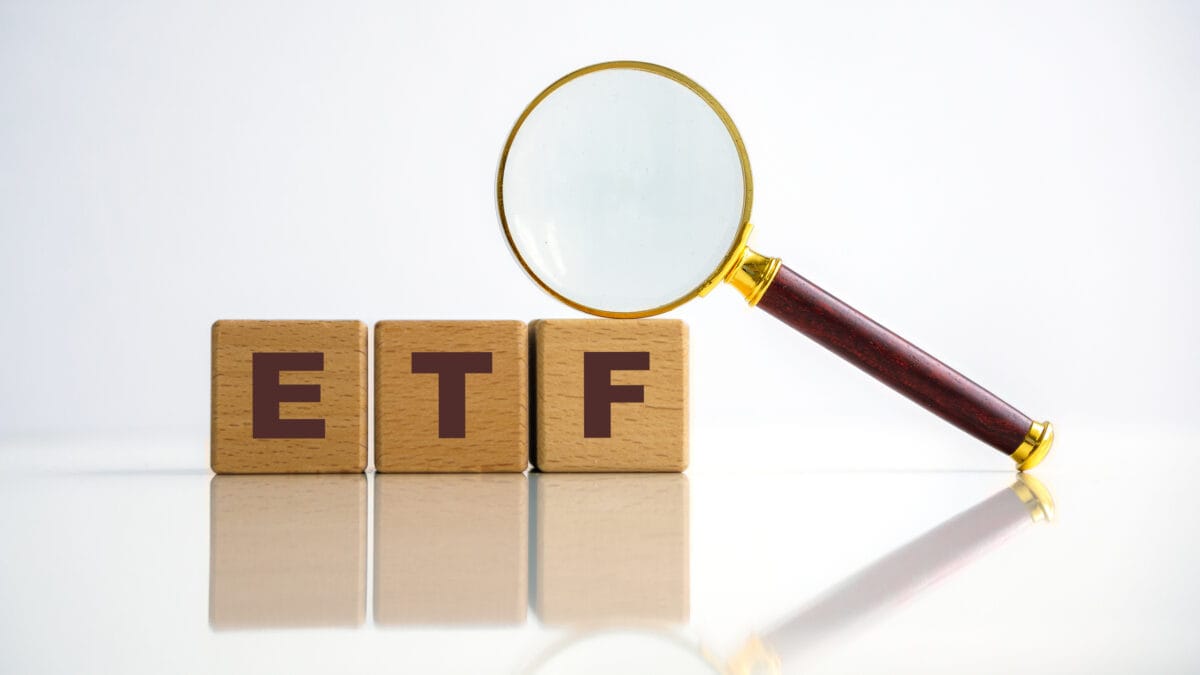The Vanguard Australian Shares Index ETF (ASX: VAS) has suffered from volatility in the last few weeks, just like many other investments. The decision by the US to add tariffs on most goods from virtually all countries has impacted investor confidence.
As the above chart shows, it is currently 10% lower than it was in mid-February.
There is greater pain out there, such as the 16.6% decline for the Nasdaq Composite (INDEXNASDAQ: .IXIC) since 19 February 2025. But, the ASX share market may be more appealing to consider as an investment during this period.
Let's look at why it could make sense.
A relatively safe haven
The US share market is experiencing a lot of volatility. This is predominantly because those businesses would be impacted by tariffs, though Trump's recent decision to exempt phones, computers, chips and other electronic devices and components may help lessen the blow for the big tech companies. But, the other goods and overall US economy are still exposed to the shorter-term downsides.
The S&P/ASX 300 Index (ASX: XKO) – the index the VAS ETF tracks – does not have many shares that have significant exposure to the US.
Names like Commonwealth Bank of Australia (ASX: CBA), Westpac Banking Corp (ASX: WBC), National Australia Bank Ltd (ASX: NAB), Wesfarmers Ltd (ASX: WES), ANZ Group Holdings Ltd (ASX: ANZ), Telstra Group Ltd (ASX: TLS), Woolworths Group Ltd (ASX: WOW), Sigma Healthcare Ltd (ASX: SIG) and REA Group Ltd (ASX: REA) generate a very large proportion of their earnings in Australia (and New Zealand). This could be a very useful factor in the coming months and years, if the tariffs remain for the long-term.
What about ASX mining shares?
The two big sectors in the ASX 300 are ASX bank shares and ASX mining shares. I've mentioned that banks could perform relatively well because of their focus on Australia. But, miners like BHP Group Ltd (ASX: BHP), Fortescue Ltd (ASX: FMG) and Rio Tinto Ltd (ASX: RIO) generate a significant portion of their earnings by selling commodities to China.
If the US tariffs do hurt the Chinese economy, commodity prices would be negatively impacted.
But, I don't believe that China would just allow its economy to fall into recession without trying to support it. If the US tariffs on China stick around, I believe it's likely the Asian superpower would launch stimulus to boost areas like manufacturing and infrastructure, which would be a tailwind.
So, if things get worse for resources, I think there would be a reaction by Chinese officials to help indirectly offset that.
My verdict on the VAS ETF
Following the 10% decline of the VAS ETF, I believe this is a good time to invest. If it falls further in the coming months, which I'm not trying to predict, I'd suggest it'd be an even better buy.
However, I also believe that investments that have fallen harder during the last few weeks, such as the global share market, or US-listed companies (with global earnings) could be attractive long-term investments too because of their lower valuation.









